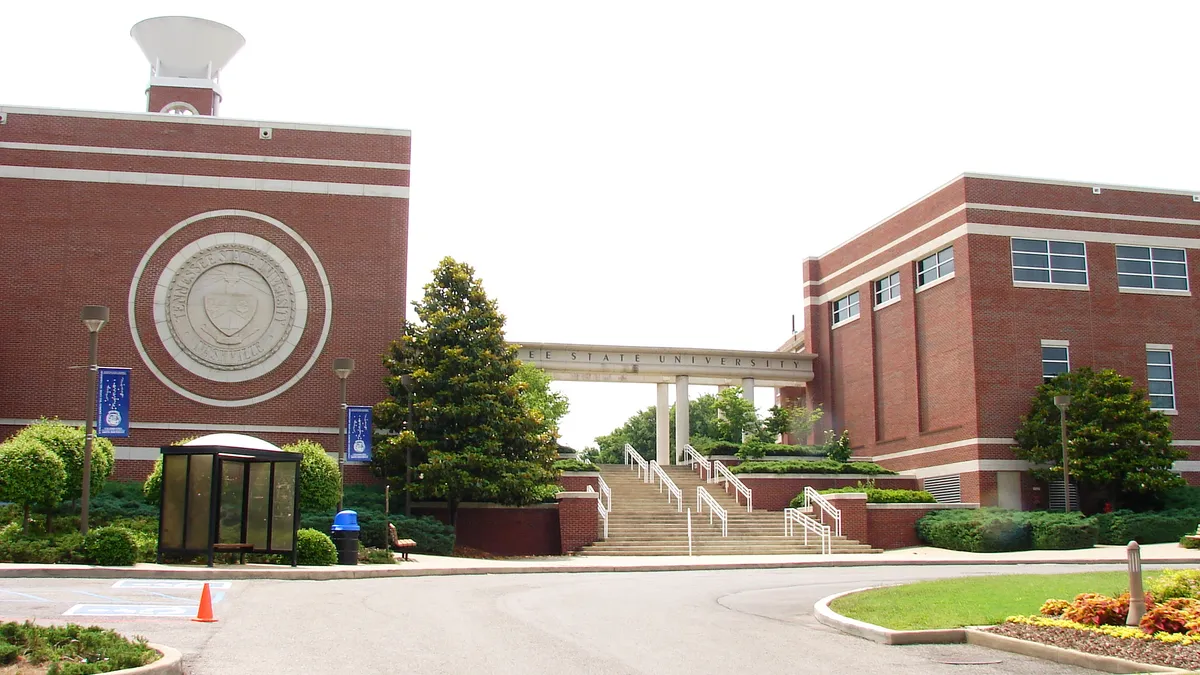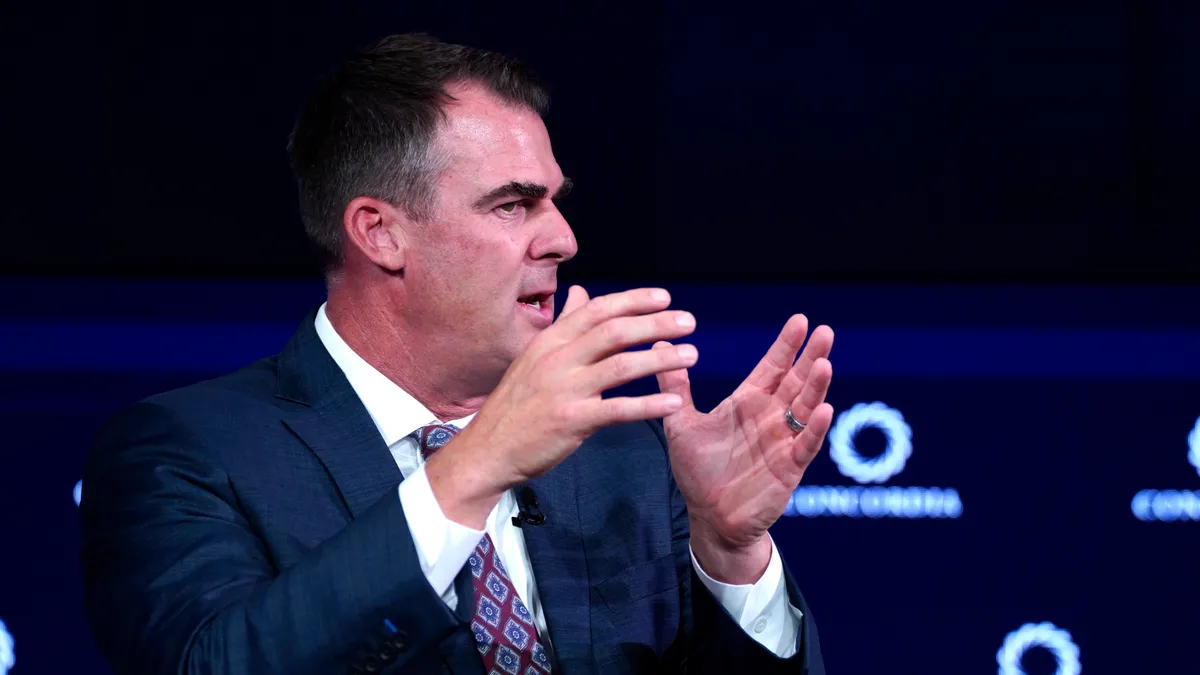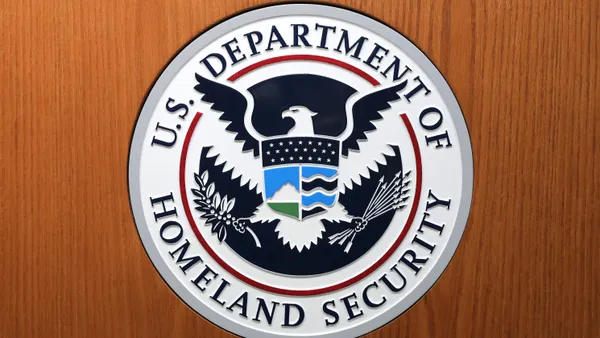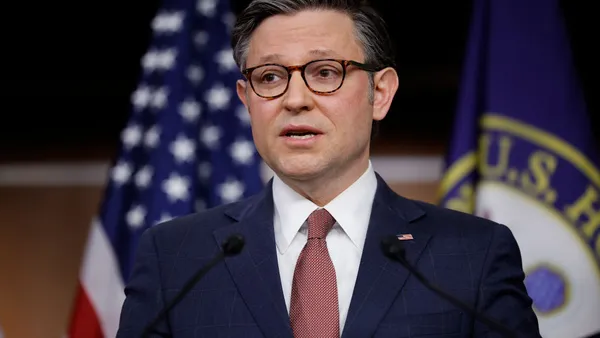Dive Brief:
-
As verified coronavirus cases spike in many areas of the U.S., the NCAA released new rules that athletic programs must follow in order to field fall sports.
-
Some NCAA requirements have proven too cumbersome for Division II and Division III to meet, and they have canceled their fall championships.
-
Many Division I schools, however, are still moving forward with the season, albeit amid criticism from players and others who are concerned about the virus's spread.
Dive Insight:
Colleges prioritized athletics as they constructed their fall plans. They generate significant revenue at some large institutions and help boost enrollment and round out the campus experience at smaller schools.
Football, one of the most popular fall sports, is especially lucrative at some schools. So much so that Mississippi's governor mentioned wanting to preserve the sport when he announced a temporary requirement that people must wear face coverings in public settings.
Colleges and conferences, most notably the Ivy League, have gradually suspended fall sports competitions over the last couple of months, citing coronavirus-related concerns.
Their fears may be justified. Several high-profile teams have needed to pause practices after players and athletic staff tested positive for the virus.
The University of Connecticut, which as part of the Division I Football Bowl Subdivision is in the top tier of football programs, also announced this week it would cancel its competitive play this season.
Student-athletes at other colleges have taken issue with the safety measures — or the lack thereof — officials have put in place to stem the virus.
Football players and athletic staff members at Colorado State University accused coaches of discouraging athletes to report symptoms of COVID-19, the disease caused by the virus, and threatening them with reduced playtime if they quarantine, according to media reports. Colorado State is among the colleges to halt football activities after some athletes tested positive.
Football players in the Pac-12 and the Big Ten, both Division I conferences, have since asked campus and conference officials to beef up safety protocols. Pac-12 players threatened to boycott play unless the demands were met.
"We believe that the NCAA must — on its own and through collaboration with the conference — devise a comprehensive plan to ensure the safety and well-being of players leading up to and during the upcoming fall season," representatives for the Big Ten athletes wrote.
The NCAA's top leadership Wednesday released new requirements for colleges to conduct the fall season. The Board of Governors said in a statement it "expressed serious concerns about the continuing high levels of COVID-19 infection in many parts of the nation."
Fall sports activities must meet the NCAA's earlier safety guidelines. The association also set up a phone line and email address to allow players, families and others to report violations of these rules.
Players are also now allowed to opt out of the season without losing their scholarships, and colleges can't ask them to waive their legal rights regarding the virus to participate, the NCAA said. Institutions must also cover athletes' out-of-pocket coronavirus-related medical expenses.
Shortly after the NCAA made the announcement, Division II and Division III officials said it was "unworkable" and "not feasible" to hold their fall championships.
As of Wednesday, 11 of the 23 Division II conferences announced they will not compete in the typical fall season, according to its statement. Division III, in its statement, did not say how many conferences have suspended fall sports.















